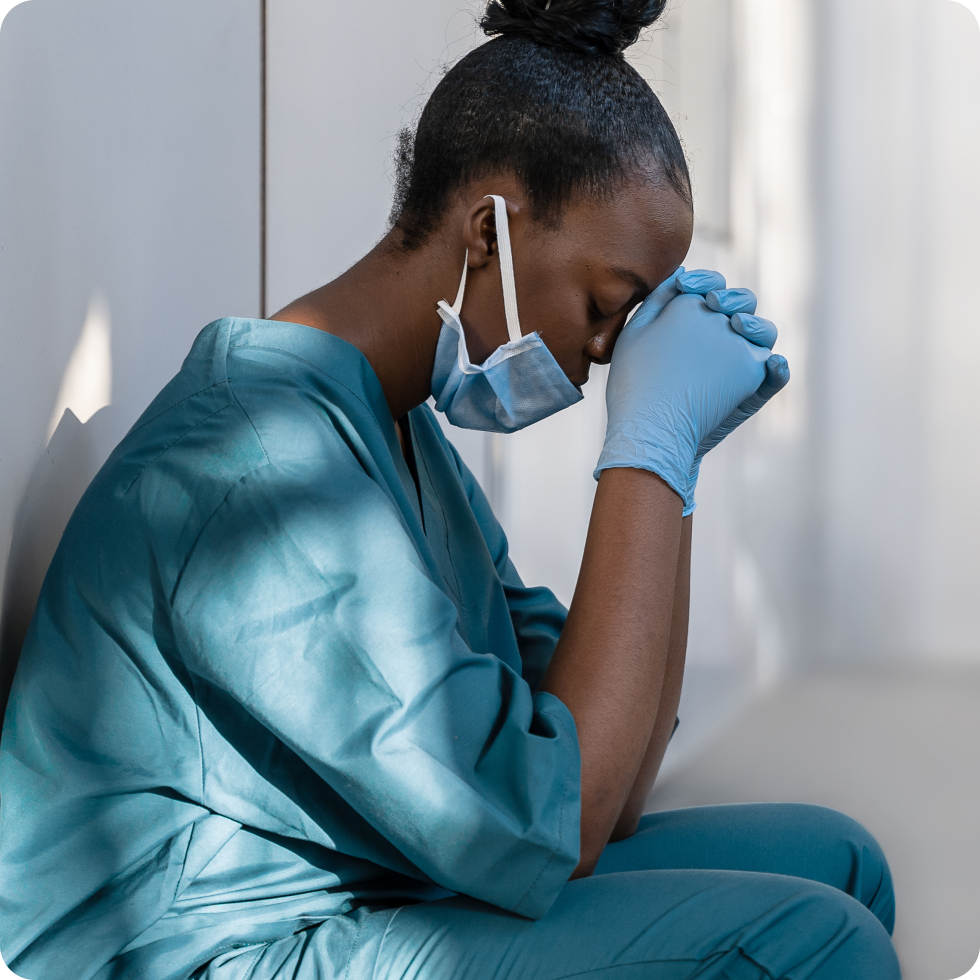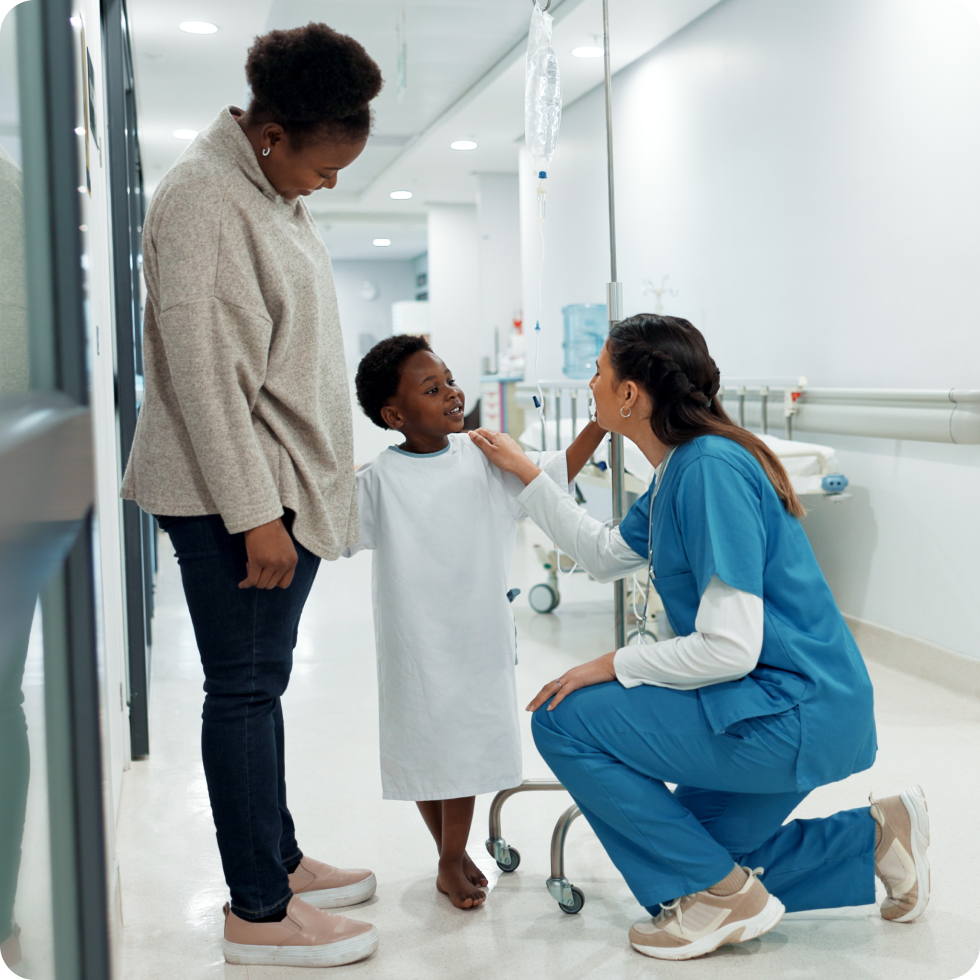Safety Tips for Travel Nurses, Allied Health and Therapy Professionals
Contact a recruiterTravel clinicians face some of the toughest safety challenges in healthcare—from combative patients and hostile coworkers to unfamiliar facilities and after-hours risks. You’re dropped into high-stakes environments with little time to get your bearings. This guide outlines the most common safety risks travel nurses and allied health professionals face—and offers real-world, no-nonsense strategies to protect yourself while delivering excellent care.
Safety Inside the Facility
Hospital Safety Checklist
- Know your Surroundings
Every facility is different. Do a quick walk-through to save precious seconds when it counts.- Get to your first shift early and walk the unit—note exits, crash carts, eyewash stations, and panic buttons.
- Treat this like a fire drill: practice = reflex when it matters.
- Hospital Workplace Violence
Workplace violence in hospitals is one of the biggest risks for travel nurses and clinicians. These basic techniques help reduce your risk of injury:- Stay outside arm’s reach of agitated or combative patients.
- Stand at an angle—not head-on—to make it easier to sidestep sudden movement.
- If someone grabs your hair: use both hands to protect your head and anchor your neck.
- New to town? Look into a self-defense class to gain confidence fast.
- If you ever feel unsafe, step out and call your recruiter or ask to connect with Clinical Services. We'll help you plan your next move.
- Handling Hostile Coworkers Bullying in healthcare isn’t always loud—but it’s real. Travel clinicians are often targeted because they’re new, temporary, or unfamiliar with the unit.
- You don’t have to fix the workplace culture—just protect your peace.
- Don’t engage in gossip, even if invited.
- If tension escalates, ask your recruiter to speak with Clinical Services. We’ll help you navigate it, professionally and calmly.
Read our full guide on workplace bullying

- Protect Your Body, Protect Your Practice
- Use the equipment. Lifts, mats, and gait belts are for everyone—no matter how experienced.
- Stretch between charting blocks—your spine will thank you.
- PPE is non-negotiable.
- Talk to your recruiter if something doesn’t sit right.
- Ask to connect with Clinical Services for strategies that work on the ground.
- Other travelers are a great resource—join a Facebook group or find someone on your shift.
Patient Safety
FlexCare is Joint Commission Certified, and so are the hospitals we partner with—which means you’re empowered to speak up when safety is at risk.
Your Voice Matters: Incident Reporting
If you ever have concerns about patient safety or the quality of care, we encourage you to speak up:
- First, notify your recruiter at FlexCare. We will help you manage internally with hospital management.
- To escalate, The Joint Commission's Office of Quality Monitoring:
- Call (800) 994-6610.
- Submit your concerns through their online form.
- You can report concerns without fear of punitive action. FlexCare and The Joint Commission share a commitment to fostering safe, high-quality healthcare environments.

Safety doesn't clock out when you do. Also protecting yourself beyond the hospital walls keeps you healthy, confident, and ready for the next shift. The habits below help safeguard your well‑being wherever your assignment takes you.